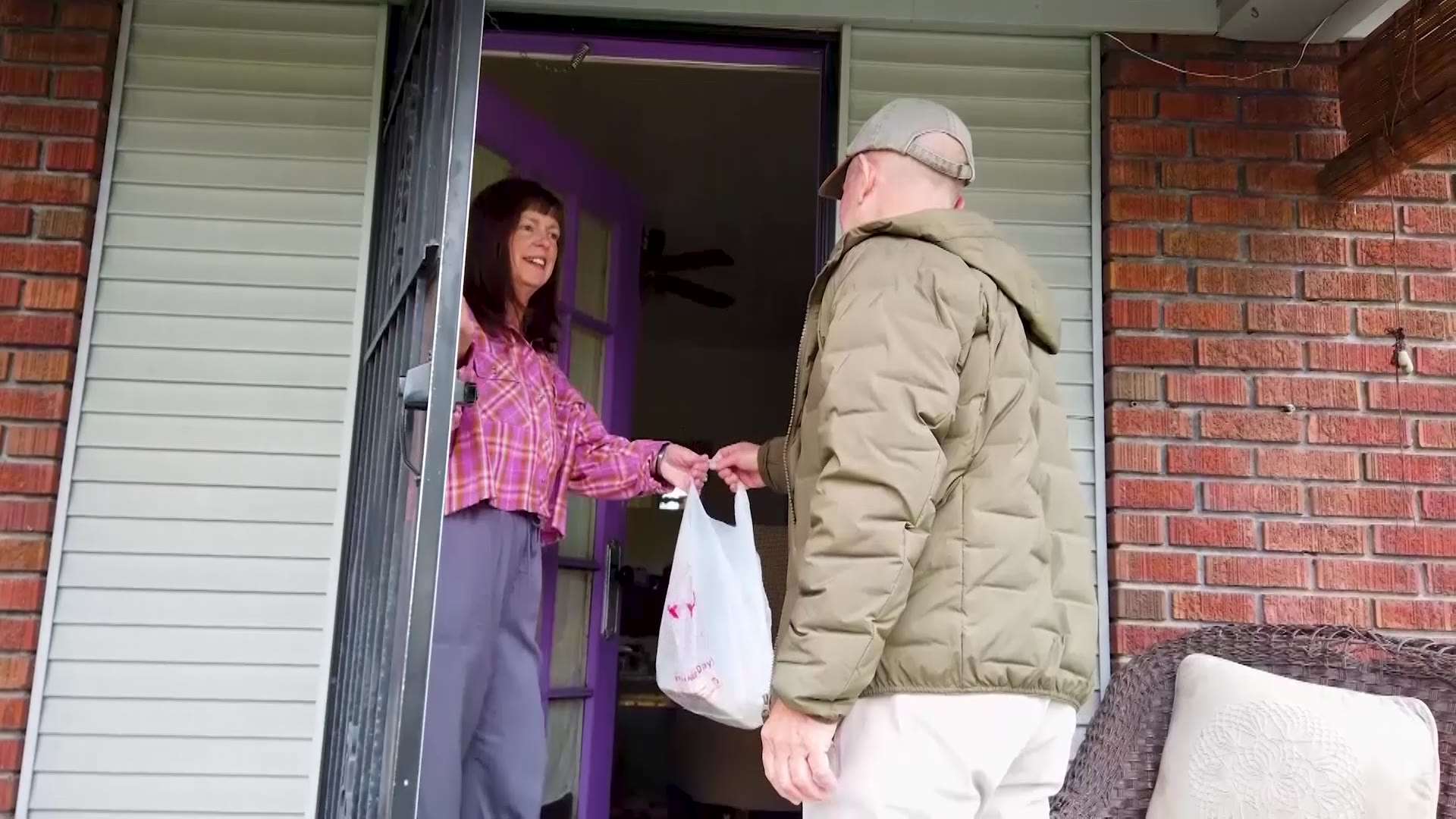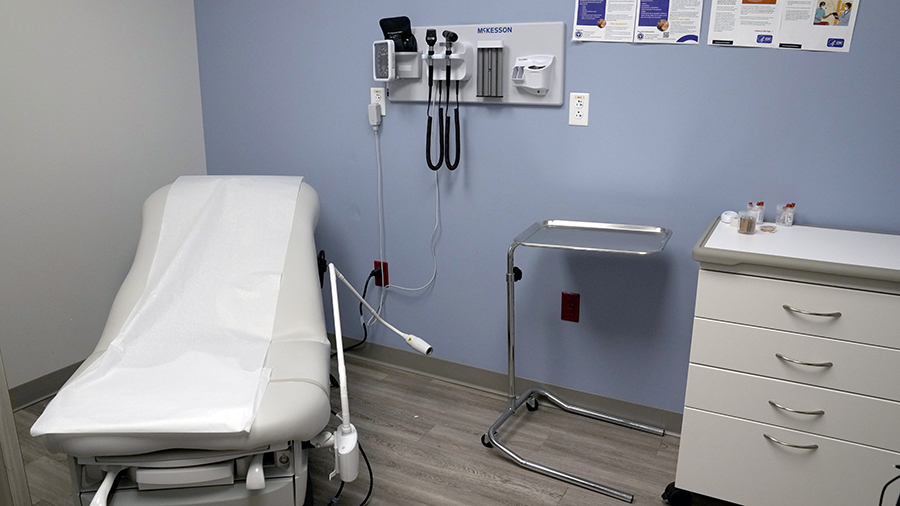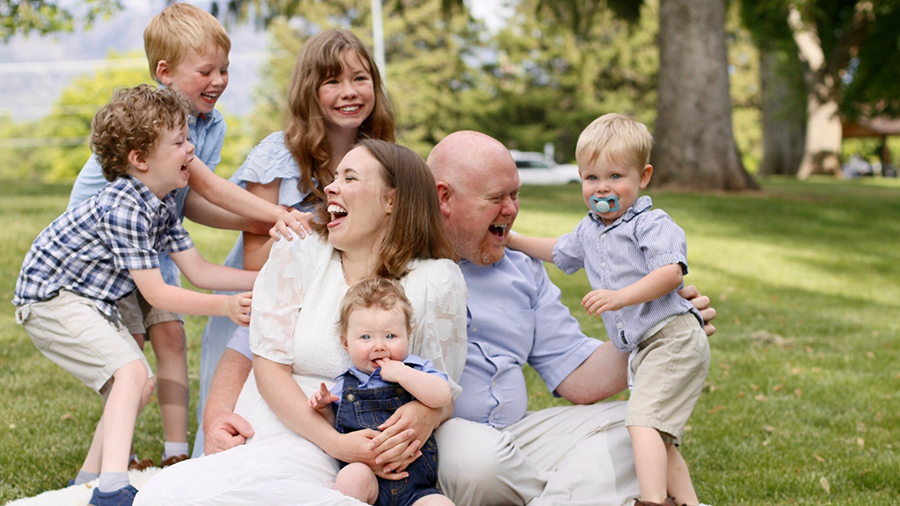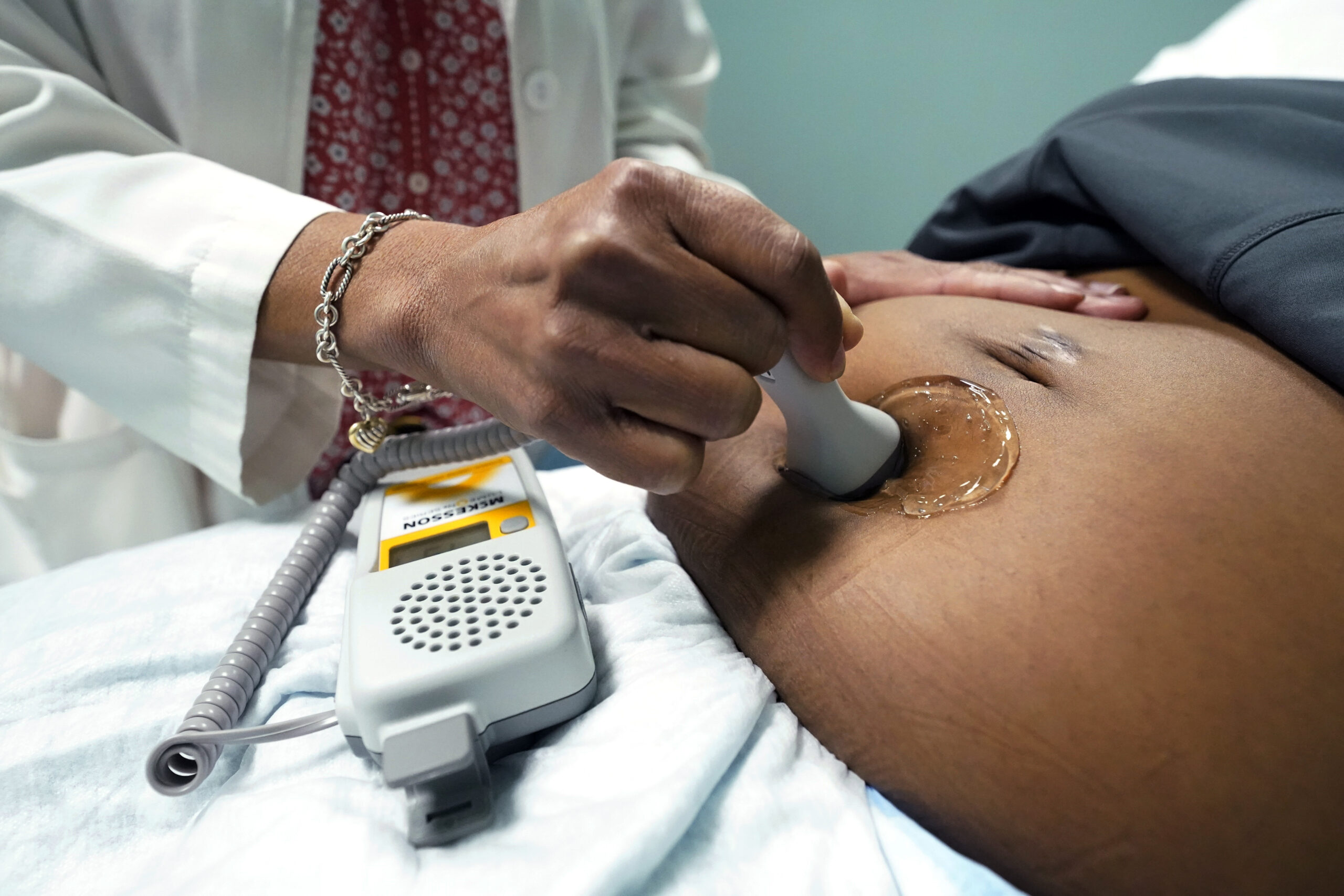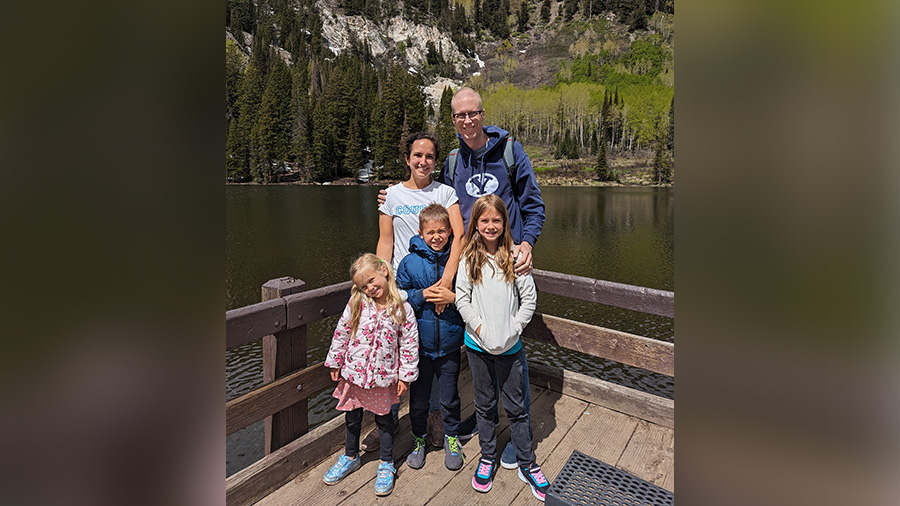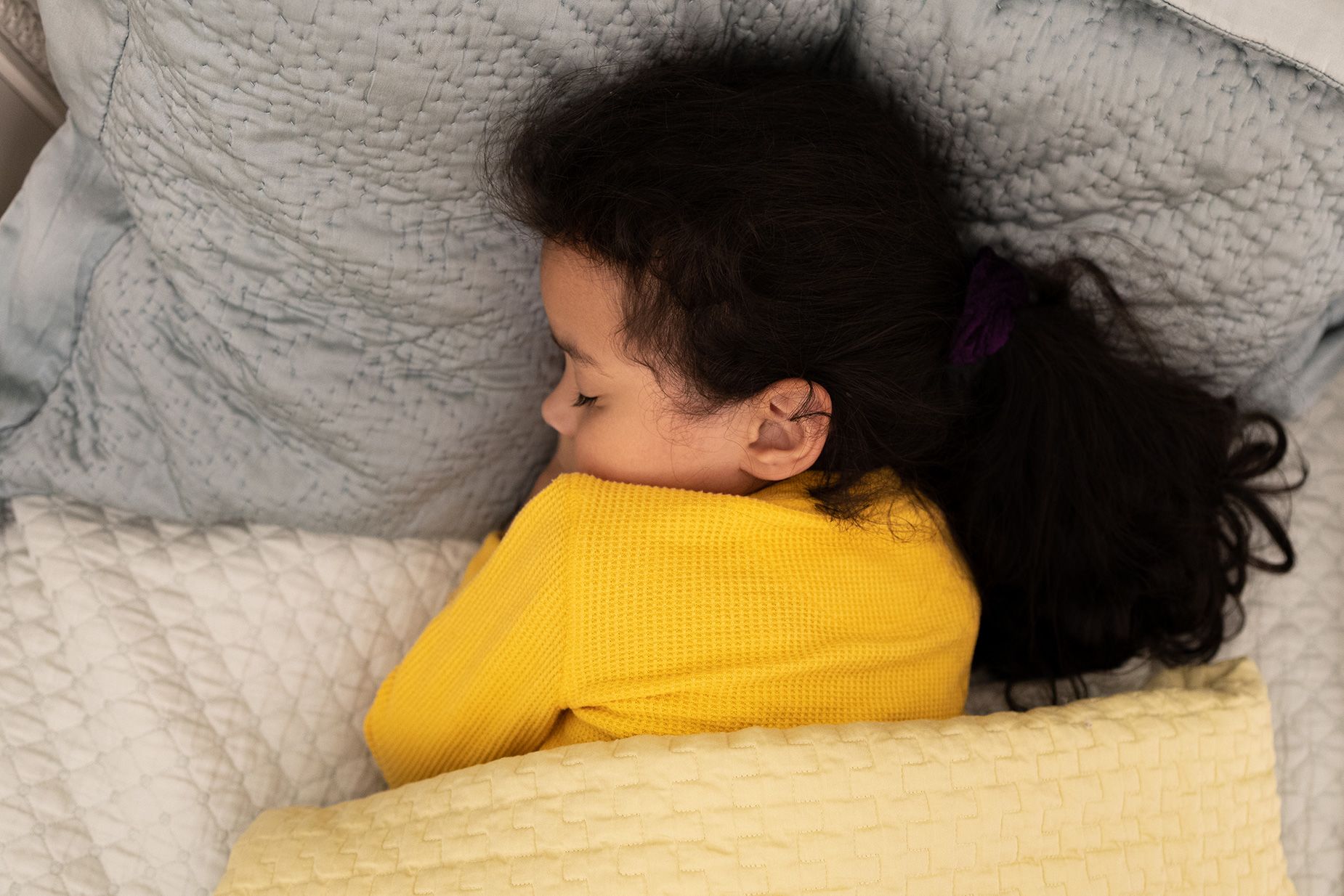Women With Autism May Be At Greater Risk Of Suicide, Study Finds
Mar 4, 2019, 6:50 PM | Updated: 6:56 pm
SALT LAKE CITY, Utah – If you know someone who has autism, you know life can sometimes be difficult and isolating for them. A new study revealed a growing concern about suicide risk among people with autism.
Whitney Geertsen loves her dogs. They help her feel emotionally balanced when life gets dark.
“I felt so different. I didn’t fit in. In a sense, I felt broken,” said Geertsen, who lives in Syracuse.

Whitney Geertsen, of Syracuse, has autism. She started having thoughts of suicide when she was 10. Her dogs help her feel good when life gets hard.
She has autism. She began having thoughts of suicide when she was 10.
“There are times when I go home and I have meltdowns.”
A new study found Geertsen is not alone. U of U Health researchers found that women with autism are more likely to die from suicide than their non-autistic peers. The study is published in the journal Autism Research.
A Swedish study parallels those results, finding that suicide is the leading cause of death among people with autism.
“There’s kind of an idea that people with autism don’t have as many emotions,” said Tricia Voss, who has three children on the autism spectrum.
Her 15-year-old daughter, Hannah, feels left out sometimes.
“When you’re autistic, you tend to avoid eye contact a lot,” Hannah Voss said.
Often her negative feelings turn into depression.
“Yes, all the time,” Hannah Voss said. “It feels like you can’t breathe.”
Researchers aren’t sure why women with autism are at greater risk, but they said it could be because they don’t feel validated in society.
“Females with autism may feel that they are really different than that and don’t fit in,” said Anne Kirby, assistant professor of occupational and recreational therapies with U of U Health. She is also the first author on the paper.
One in 50 kids has autism, one of the highest rates in the country. Researchers said parents, teachers and caregivers should be extra vigilant about their mental health.
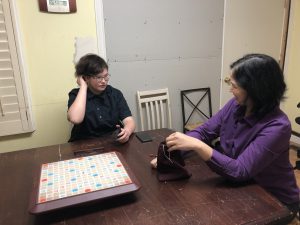
Hannah Voss, age 15, sometimes feels left out at school. Often her negative feelings turn to depression. Along with counseling, her mom, Tricia Voss, right, tries to give her a toolbox of coping skills.
“It’s something scary to begin talking about,” Tricia Voss said.
Awareness of the risk, and talking about it, is an important first step.
“What I try to do as a mother is help my children build their own toolbox of coping skills,” Tricia Voss said.
“I try talking to my friends that I can trust,” Hannnah Voss said. “I try to talk to my teachers about it. Try talking to a counselor.”
Geertsen, too, is finding ways to cope.
“We all need connections,” she said, “but forcing to change yourself, you’re not really being yourself and being accepted is difficult.”
She said learning to accept herself as she is has been key in staying healthy and happy.
Warning signs of suicide include feeling hopeless, talking about self-harm, and wanting to die. If you or someone you love needs help, call the Utah Suicide Hotline at 801-261-1442.

